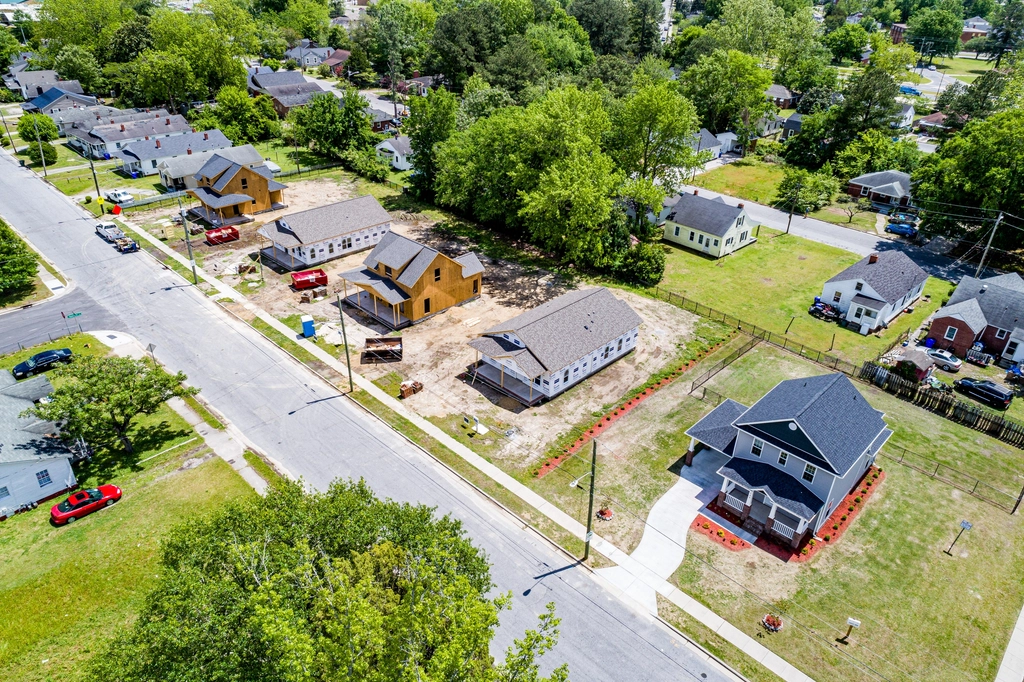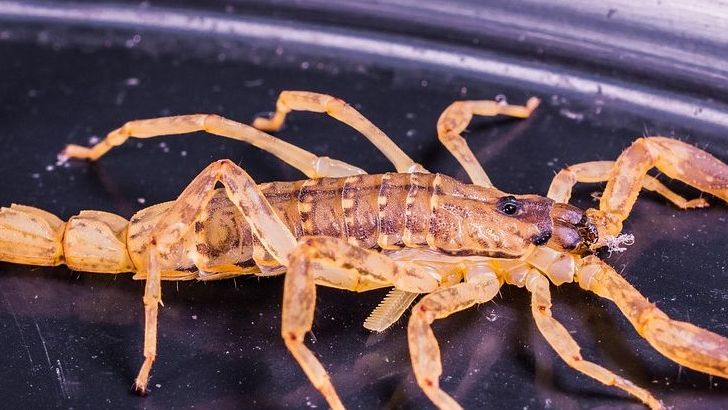A Defiant Stand Against National Politics

Picture this: a small New England state with fewer people than Phoenix, Arizona, telling the entire Democratic Party establishment to back off. That’s exactly what happened when New Hampshire officials of both parties opposed the DNC’s move to make South Carolina first, and vowed to go forward with a first-in-the-nation primary, even if it triggers a loss of its convention delegates as a penalty. The audacity is breathtaking, really.
If you have the childhood dream of growing up to be president of the United States, you can try and make that a reality in New Hampshire, declared Secretary of State Dave Scanlan in 2023. The statement captures something profound about American democracy and the small-state spirit that refuses to bow to Washington power brokers.
More Than a Century of Presidential Kingmaking

New Hampshire has held a presidential primary since 1916 and started the tradition of being the first presidential primary in the United States starting in 1920. Think about that for a moment – this tradition is older than most countries’ democratic systems. New Hampshire has held the first-in-the-nation primary since 1920. But only in the last decades of the twentieth century has it taken on such importance.
The numbers tell a compelling story of persistence. In 2008, the primary took place on Jan. 8. The latest New Hampshire primary was on March 13, 1956. In 2008, the primary took place on Jan. 8. The latest New Hampshire primary was on March 13, 1956. They’ve moved their date earlier and earlier, playing a high-stakes game of calendar chicken with other states.
Written Into Law Like a Sacred Text

Here’s where it gets really interesting – The presidential primary election shall be held on the second Tuesday in March or on a date selected by the secretary of state which is 7 days or more immediately preceding the date on which any other state shall hold a similar election, whichever is earlier. The purpose of this section is to protect the tradition of the New Hampshire first-in-the-nation presidential primary. They literally wrote their stubbornness into state law.
New Hampshire’s position as the first primary contest is legally binding. The state has held first-in-the-nation primary status for more than a century, and a 1975 state law cemented its place on the calendar. This isn’t just tradition anymore – it’s a legal mandate that binds every Secretary of State who takes office.
The DNC’s Diversity Gambit Falls Flat

The Democratic National Committee thought they had a winning argument in 2022. Joe Biden sent a letter on December 1, 2022, to the “rule-making arm” of the Democratic National Committee (DNC), requesting that “diversity” should be emphasized in the 2024 Democratic Party presidential primaries, upending New Hampshire’s tradition of being the first primary state. The logic seemed sound – why should a state that’s roughly ninety percent white get to winnow the field before more diverse states weigh in?
DNC chair Jamie Harrison said in February that the new primary calendar “expands the number of voices that can be heard,” pointing to the diversity of the new primary states and the number of women voters in those states. But New Hampshire wasn’t buying what they were selling, and the confrontation that followed revealed just how deeply this tradition runs.
Political Suicide or Principled Stand

When push came to shove, New Hampshire called the DNC’s bluff in spectacular fashion. Thus, the DNC initially stripped all 33 of the state’s delegates that would have been allocated to the Democratic National Convention. Although running for a second term, incumbent President Joe Biden declined to appear on the January New Hampshire ballot to comply with the DNC. Most political observers thought this would be the end of New Hampshire’s reign.
They were wrong. 2024 (January 23): Joe Biden* (64%), Dean Phillips (19%), and others (7%) Notes: An asterisk indicates a write-in candidate. Even without being on the ballot, Biden won through write-in votes – a testament to both his popularity and New Hampshire voters’ determination to make their voices heard.
The Midnight Vote Mystique

Records show townspeople cast the nation’s first presidential primary ballots at midnight in 1936. Records show townspeople cast the nation’s first presidential primary ballots at midnight in 1936. This quirky tradition started in Millsfield, though Dixville Notch, right next door, has typically captured most of the national spotlight.
The midnight voting tradition epitomizes New Hampshire’s outsized role in American politics. By tradition, since 1960, all eligible voters of Dixville Notch, New Hampshire cast their votes at midnight on Election Day. It’s democracy as performance art, and the media eats it up every four years.
Economic Incentives Behind the Stubbornness

Let’s talk money, because that’s what really drives political decisions. In the 2000 study of New Hampshire primary spending — penned by Ross Gittell, an economist at the University of New Hampshire, and Brian Gottlob, an economist and president of PolEcon Research Inc. — candidates spent about $12.6 million in the state. Add media expenditures, and the figure grew to $83 million. Add in induced expenditures and the multiplier effect, and throw in the dubious cash value that the state gets in tourism because of the image enhancement, and it all added up to $264 million in 2000.
That’s not pocket change for a state with 1.36 million people. The primary brings in campaign staff, media personnel, political tourists, and generates countless hours of free publicity that money can’t buy. For hotels, restaurants, and local businesses, primary season is like Christmas and the Fourth of July rolled into one.
The Unique New Hampshire Advantage

New Hampshire’s primary system is “open,” meaning that “undeclared” voters, who make up more than 39% percent of registered voters in the state, can vote for either Democratic or Republican candidates on primary day. This flexibility creates a dynamic that doesn’t exist in most other states, where party registration locks you into one primary or another.
The state’s small size allows for retail politics that’s impossible in larger states. Candidates can’t just buy television ads and call it a day – they have to show up at diners, town halls, and living rooms. This forces them to engage with real voters in ways that become increasingly rare as campaigns move to bigger, more expensive media markets.
When Presidents Are Made and Broken

The track record is impressive, even if it’s not perfect. The most recent presidential election winner to win the New Hampshire primary was Donald Trump in 2016. The three presidents before him (Bill Clinton, George W. Bush and Barack Obama) finished second in the New Hampshire primary before later being elected to the presidency. The previous four presidents before that, won the New Hampshire primary.
The “Comeback Kid” phenomenon is real. For example, in 1992, Bill Clinton, although he did not win, did surprisingly well, with his team dubbing him the “Comeback Kid”. The extra media attention helped his campaign’s visibility in later primaries. That’s the magic of New Hampshire – it’s not just about winning, it’s about exceeding expectations and creating momentum.
The 2024 Showdown That Proved Everything

The 2024 cycle became the ultimate test of New Hampshire’s resolve. 2024 (January 23): Donald Trump (54%), Nikki Haley (43%) on the Republican side, while NBC News reported on January 22, 2024, that the New Hampshire attorney general’s office was investigating AI-generated robocalls seemingly from President Joe Biden, which encouraged voters to skip voting on the day of the primary. Phillips was critical of the calls and called for more regulation in the AI sector. Aaron Jacobs, a spokesman for the Biden write-in campaign, indicated that the matter was referred to the police.
Even with dirty tricks and national party opposition, New Hampshire voters showed up. The state proved that tradition, backed by law and defended by bipartisan political will, can stand up to Washington pressure. It was a David-versus-Goliath moment that David actually won.
Looking Forward to 2028

In any case, Scala argues, the real test for New Hampshire is not 2024 but 2028, when both the Republican and Democratic presidential fields will be wide open. “Will the DNC change its mind and say ‘New Hampshire is too much trouble; let it go first’? Or would New Hampshire change its law?” he said. “Would Democratic candidates participate in the primary and risk being penalized delegates, risk perhaps public pressure from Democratic activists elsewhere in the country?”
The 2028 election will be the ultimate test. Without an incumbent president to complicate things, both parties will have wide-open fields. Will candidates risk the wrath of national party committees to court New Hampshire voters? Based on 2024’s results, the smart money says yes.
Why This Matters for American Democracy

Here’s the thing that gets lost in all the political maneuvering – We’re going first and the law says so because we’ve earned it. We are the ones that are trying to be amazingly consistent, as Governor Chris Sununu put it. There’s something to be said for consistency in an era when everything else about politics seems to change with each news cycle.
New Hampshire’s insistence on maintaining its primary isn’t just about state pride or economic benefits. It’s about preserving a form of democracy that forces candidates to engage with actual human beings rather than just media markets and donor networks. In an age of increasing political polarization and declining trust in institutions, that might be more valuable than we realize.
New Hampshire’s century-old tradition survives because it represents something uniquely American – the belief that small places and ordinary people should have extraordinary influence over who leads the nation. Whether that’s fair or democratic in the 21st century remains hotly debated, but one thing is certain: they’re not giving up without a fight.





